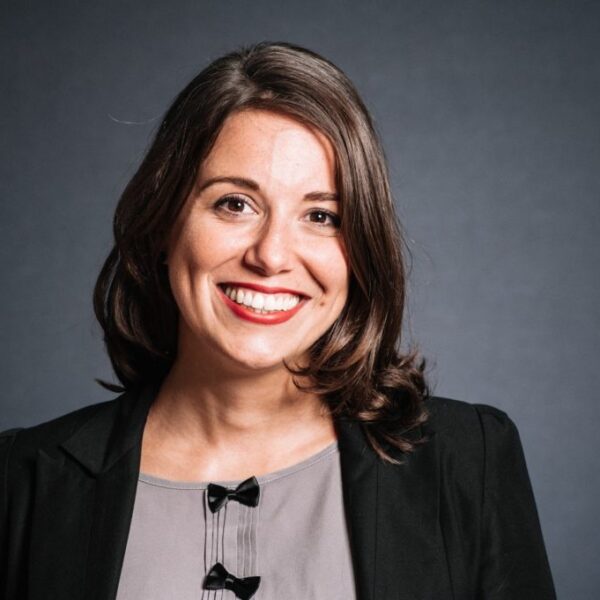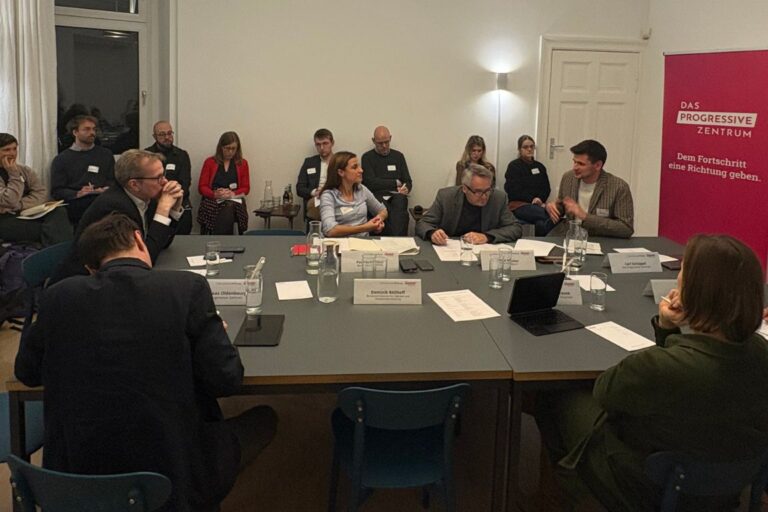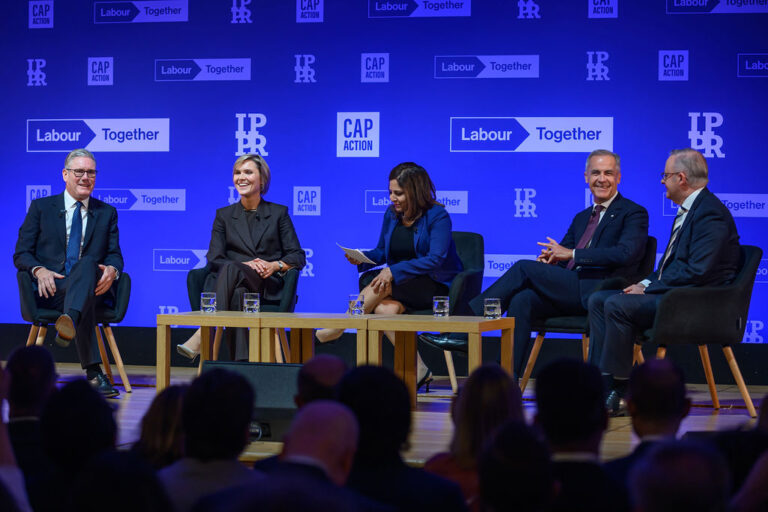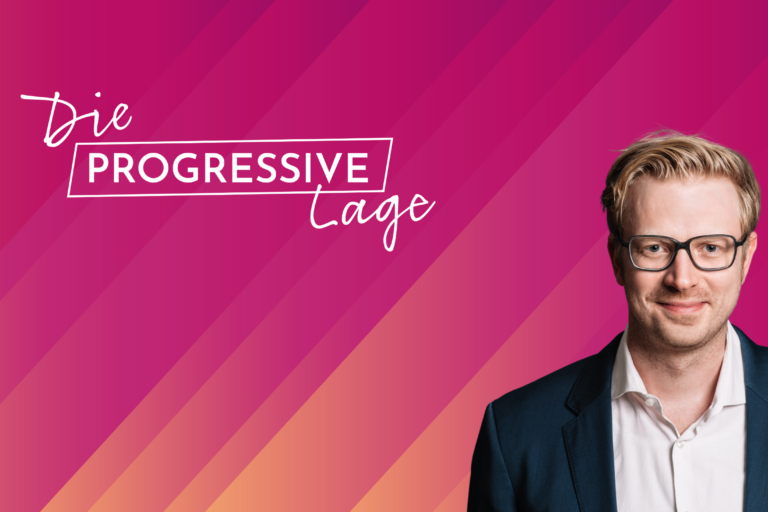Currently, the future of the European Union is at stake due to many disintegrative developments: the Brexit-referendum, migration challenge, rising right-wing populism or the persisting economic crisis. Challenges ahead of us are too profound and seminal to be addressed by high-ranking politicians attending closed-door summits only. Sustainable solutions can best be achieved with the support of a strong and well-connected European civil society.
Keeping this in mind, Das Progressive Zentrum launched a project called “DIALOGUE ON EUROPE – Rebuilding trust and redefining Europe in tough times” in cooperation with the German Federal Foreign Office. The project initiated a two-year-long transnational dialogue process with young, promising thinkers from European countries such as France, Greece, Italy, Portugal, Spain and Germany. This process brings together key actors from civil society, the media, politics, academia and business to help foster a climate of mutual understanding between the participating states and societies.
In order to initiate the DIALOGUE ON EUROPE, our international team travelled across Europe and met more than 500 young, dedicated “movers and shakers” of the national and local civil society during 5 Town Hall Meetings, subsequently held in Athens, Lisbon, Rome, Marseilles and Madrid. The events featured lively workshop debates and public discussions on the most pressing European challenges with Michael Roth, Minister of State for Europe at the German Federal Foreign Office.
Following these initial events of DIALOGUE ON EUROPE, Das Progressive Zentrum will add Poland as further project country and host another half-day bilateral Town Hall Meeting in Warsaw on Wednesday, 7th December 2016. The event will focus on the role of the civil society, culture and neighbourhood relations for the future of Europe. High-ranking academics and civil society actors as well as young people involved in culture and arts from Germany and Poland will be invited to take part in an open discussion that will feed directly into a live conversation with Michael Roth, German Minister of State for Europe, and Konrad Szymański, Polish Secretary of State for European, Legal and Treaty Affairs. Additionally, 3 parallel panel discussions on the role of culture in modern societies, possible “Game Changes” in Europe and the future of Polish-German relations will take place. Seeking for ways forward the Town Hall Meeting in Warsaw will open spaces for further bilateral exchange of views, opinions and ideas about the future of Europe.





